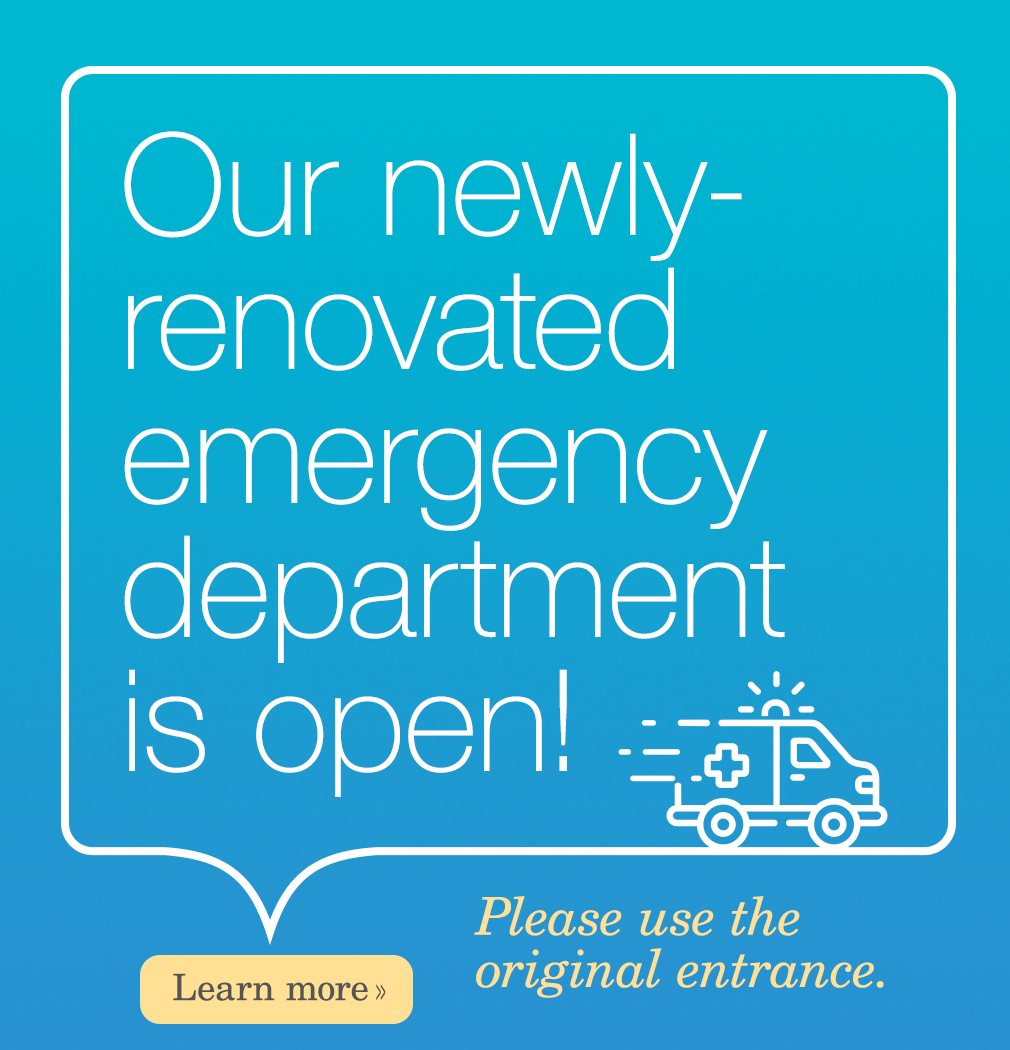

Will the proposed Ambulatory Surgical Center Reduce Healthcare Costs?
No, it will not. Skimming simple cases out of existing hospital surgery departments to bring revenue to a new for-profit stand-alone surgery will actually drive up costs overall. Vermont’s existing surgery departments still have to be available for the lower reimbursed cases, the complicated cases, and 24-7 emergencies. This crucial point is being glossed over as the investors in the proposed for-profit ambulatory surgery center speak of lower prices for carefully selected procedures at the facility they want to build. The Vermont Association of Hospitals and Health Systems (which includes the University of Vermont Medical Center and all of Vermont’s not-for profit community hospitals) and Northwestern Medical Center became “Interested Parties” in the State’s Certificate of Need determination process to help ensure the regulators and the public understood that selective pricing does not equal lower healthcare costs. With that understanding, and given the existing capacity in Vermont’s hospital surgical infrastructure, there is no need to invest another million dollars and more into more operating rooms. Doing so goes against the intent of the Certificate of Need regulation and just adds cost to the system.
Last week, former Green Mountain Care Board (GMCB) Chairman Al Gobeille posed a series of questions for the current GMCB (who conduct the Certificate of Need process and will make the decision on the proposed ambulatory surgery center). His questions call on and actually all of us, to really look at the overall impact of going backwards with a ‘Fee for Service’ medicine mentality and spending more money to duplicate resources already existing in Vermont’s communities. According to the media, Mr. Gobeille “said the ‘big question’ that the Care Board has to answer is whether the surgery center will skim off the ‘cream’ in the health care system – the best payers – and leave hospitals to serve the lesser payers, such as Medicaid.” While it “might be good” for certain insurers, Mr. Gobeille was quoted as asking “but does it make the system less expensive?” and “That’s the question that has to be asked and answered.”
Mr. Gobeille’s experience as the former Chair of the GMCB gave him first-hand insights into the Certificate of Need process in Vermont and into the realities of hospital financials. He has had to share in the responsibility of considering what is right for the system as a whole, not just what would be profitable for a small group of investors or what is a seemingly attractive price for specific cases amidst an expensive healthcare system. It’s not an easy job, as what seems tempting to some may cause deeper problems for the system that risk going unconsidered.
What’s the size of the risk for community hospitals such as Northwestern Medical Center? If the proposed for-profit surgery center drew off colonoscopies by promising insurance companies lower prices than NMC, it could be a loss of $1 million directly to our bottom line. With that, however, comes very little reduction in actual expenses. NMC would still have to run our operating rooms, we would just do so less efficiently. That means even more cost shift – so the prices for other services go up. So, the surgical center and the insurance company have gotten their revenue – but do premiums come down for Vermonters? Not likely. Equally concerning is the impact of moving that $1 million out of the hospital budget. Those are funds that help cover the shortfalls for needed services (like our Family Birth Center) which cannot cover their costs in a rural community like ours in the current system. They are the funds Northwestern invests in primary prevention to improve community health and bend the cost curve by reducing demand for costly medical procedures. Funneling those dollars into profits for investors does not meet community need and taking the funds away from hospitals undermines our efforts to meet community need and creating an integrated community health care system.
I totally get healthcare costs need to be reduced and we are a leader in championing efforts. By reducing duplication and using strategies to improve efficiency, the NMC team has brought our costs per adjusted admissions back to 2014 levels and our work continues dedicated to bending the cost curve to serve this community. Over the past two years our rates have declined approximately 11% under the GMCB budgeting process. I also understand competition. If Vermont wants to go back to that, competitors need to face the same rules and regulations as hospitals. Right now that is not the case in the heavily regulated and revenue capped hospital environment. Those same rules do not apply to a for profit ambulatory surgery center.
NMC’s work to provide high value care is part of what helped us recently earn national recognition as one of the “Top 100 Rural & Community Hospitals.” NMC is in the midst of a challenging financial year. The added burden of new for-profit competition will only hurt our efforts to make care more affordable, improve community health, and meet community need. The impact of the proposed ambulatory surgery center is a serious matter to Northwestern Medical Center and all of Vermont. Don’t be tempted by promises of low prices for selected simple services. Please continue to support efforts to make Vermont’s health care system what it needs to be – an integrated approach to improved population health, as that is where we will achieve the true cost savings for all Vermonters.
— Jill Berry Bowen, NMC’s Chief Executive Officer

